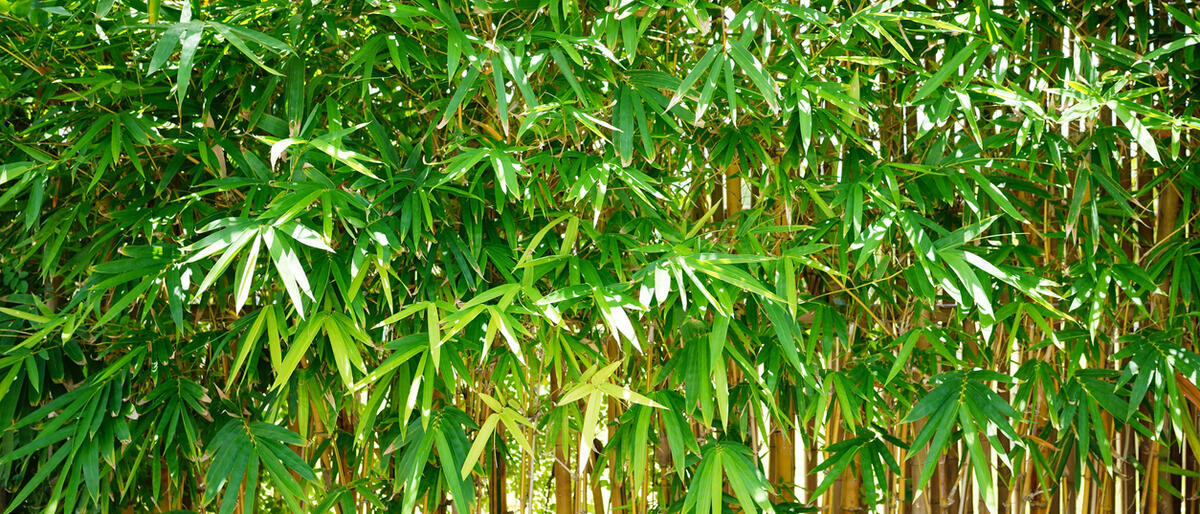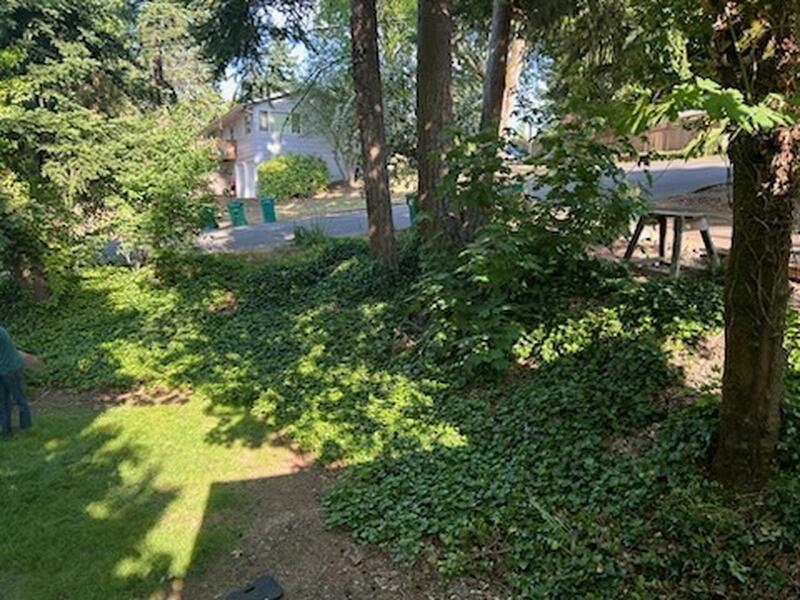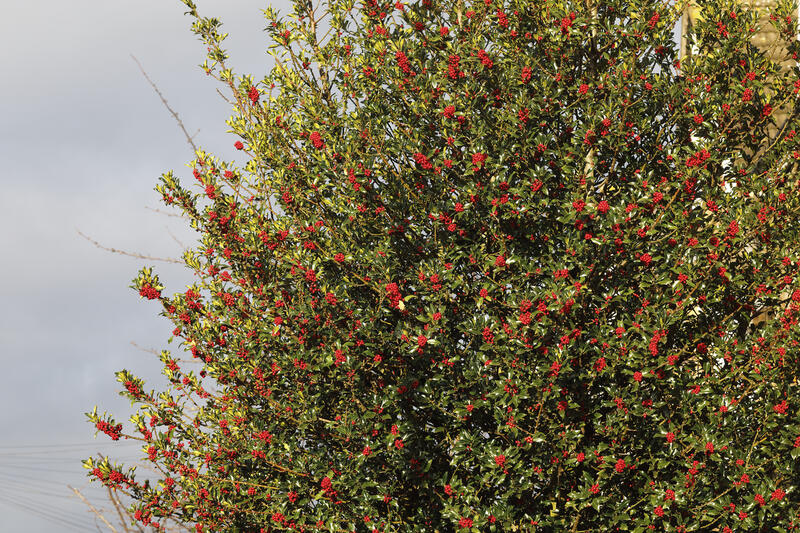Unwelcome Greenery: The Battle Against 5 Invasive Plants in Portland


In Portland, we have a mild climate that consists of a rich ecosystem supporting many plant species. However, not all plants benefit our native flora and fauna.
Here are five plants we find problematic within homeowner landscapes: English Ivy, Bamboo, Pampus Grass, Holly, and Leland Cypress. Understanding the problems associated with these plants is crucial for preserving the region's natural balance and promoting native biodiversity, as well as saving your home and landscape as well as the time and money spent on their removal.
English Ivy (Hedera helix), with its glossy leaves and ability to climb walls and trees, may seem charming at first glance. However, this invasive species poses a significant threat to native plant communities. English Ivy rapidly spreads, forming dense mats that smother and shade out native vegetation. It hampers the growth and regeneration of young trees, weakens structures (such as your home's foundations), and even increases the risk of wildfires. Controlling and removing English Ivy is challenging, but it is essential to prevent further encroachment.

While bamboo (Phyllostachys spp.) can be an attractive addition to gardens, its rapid growth and invasive nature make it a problematic plant in the Portland area. Bamboo can quickly take over landscapes, out-competing native plants and altering ecosystems. Its aggressive rhizome system allows it to spread uncontrollably, encroaching on neighboring properties and natural habitats.* The only Bamboo we recommend is clumping Bamboo, which is less invasive (although still can be invasive if not properly maintained). If clumping Bamboo is used, we recommend planting it in raised planters or trenching in a 24" to 36" root barrier around the Bamboo.
*Bamboo can pierce underground water pipes and cause hefty expenses
Pampus Grass (Cortaderia selloana), a large and feathery ornamental grass, has gained popularity in landscaping projects. However, its aesthetic appeal belies its invasive behavior. Pampus Grass is known for its ability to colonize disturbed areas, displacing native plant species and disrupting natural habitats. Additionally, its dry foliage poses a fire risk, particularly in the dry and hot summers that Portland experiences. Careful monitoring and proactive removal of Pampus Grass can help prevent its spread and protect the local ecosystem. Additionally, removal can be cumbersome for a homeowner as we use chainsaws and protective gear in order to remove it. There are other grasses we recommend over Pampus Grass that will not have these concerns.
While holly (Ilex spp.) is often associated with festive decorations, its invasive tendencies have made it a problem in the Portland region. Several holly species, such as English holly (Ilex aquifolium), aggressively spread through seed dispersal and outcompete native vegetation. Holly's dense growth shades out native plants, reducing biodiversity and altering ecosystems. Its negative impact on wildlife habitat and the risk of increased water loss make holly management and removal important for maintaining a healthy environment.

Leland Cypress (× Cupressocyparis leylandii), a popular choice for privacy screens and windbreaks, has become a concern in Portland. While it can provide a quick and effective barrier, Leland Cypress often outcompetes native plant species and disrupts local ecosystems. Its dense growth pattern and shallow root system make it susceptible to wind damage, potentially leading to fallen trees and hazards during storms. Careful consideration should be given to the selection of alternative native species that can serve the same purposes without ecological drawbacks.
Recognizing the ecological impact of certain plant species is crucial for preserving Portland's unique ecosystem. English Ivy, Bamboo, Pampus Grass, Holly, and Leland Cypress are examples of plants that have become problematic due to their invasive nature and negative effects on native flora and fauna, as well as housing structures. By raising awareness and taking proactive measures to control and remove these species, we can protect and restore the natural balance of the region, allowing native plants to thrive and contributing to a more sustainable environment for future generations.